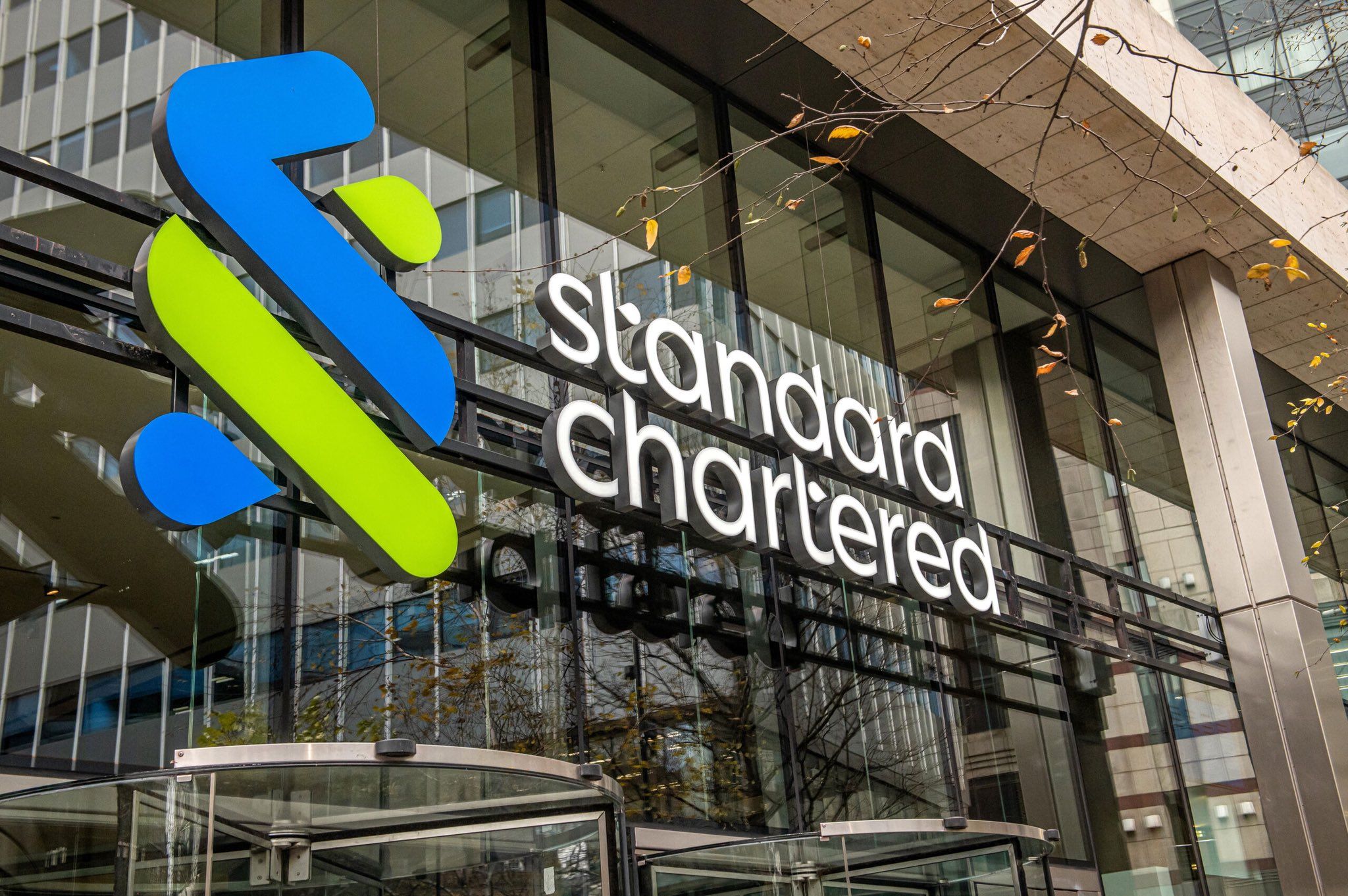A recent Standard Chartered analysis claims that Bitcoin (BTC) is once again emerging as a preferred hedge against systemic risk amid growing political concerns over the U.S. Federal Reserve’s independence.
This period aligns with growing apprehensions over the independence of the Fed and, consequently, the soundness of the American financial system. Concern has increased as a result of President Trump’s repeated criticism of Fed Chair Jerome Powell, his demands for lower interest rates, and even his proposal to fire Powell before the conclusion of his 2026 term.
Pressure on financial markets has led to sell-offs in equities and currencies, and U.S. Treasury rates have risen to a 12-year high. Experts predict that undermining the Fed’s independence would have far-reaching effects, including increased inflation, higher long-term interest rates, and a decline in confidence in the US dollar as the world’s reserve currency.
Bitcoin as Tech Proxy and Systemic Hedge
The research highlights Bitcoin’s unique position in the investment realm, where it serves two purposes. When things are relatively calm, it moves in lockstep with high-growth technology stocks.
Furthermore, it acts as a hedge against private sector failures during times of political or economic turmoil, as well as sovereign concerns.
According to Geoffrey Kendrick, the bank’s Global Head of Digital Assets Research and the author of the report, Bitcoin (BTC) and the U.S. Treasury term premium are strongly correlated. The premium, which gauges the risk associated with government debt, has increased as markets account for uncertainty about the Fed’s future course.
Despite Bitcoin lagging behind the rise in the term premium, he believes persistent doubts about the Fed’s independence will likely push the BTC price to new highs.
Bullish Outlook Despite Fed Uncertainty
Maintaining a year-end 2025 goal of $200,000, Standard Chartered is doubling down on its optimistic Bitcoin projection, forecasting $500,000 by the end of 2028. Other business executives also echoed the bank’s views. For example, Jan van Eck, CEO of VanEck, recently advised investors to raise their exposure to Bitcoin and gold as necessary hedges against inflation, fiscal uncertainty, and worldwide de-dollarization trends.
Wary of potential capital flight and the risk of increased borrowing costs if the Fed’s credibility is called into question, investors are seeking substitutes for conventional U.S. assets. For institutional and ordinary investors, Bitcoin’s decentralized character and independence from government control are increasing its appeal.
READ MORE: POPE Token Jumps 700% as Vatican Rumors Fuel Meme Coin Frenzy












